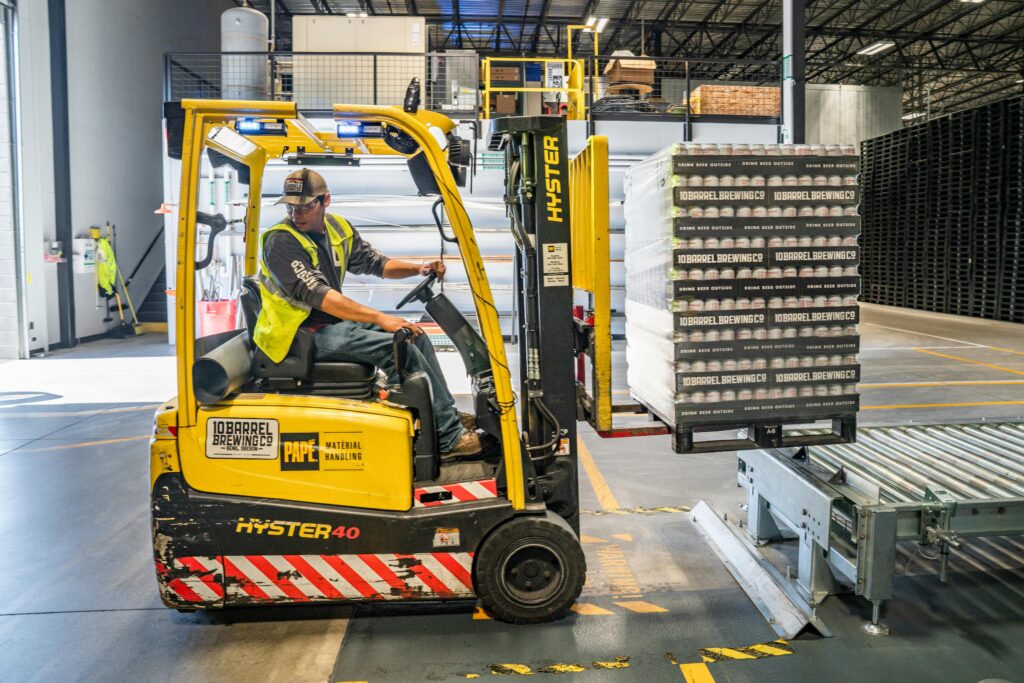In the realm of modern commerce, efficient warehousing and fulfillment solutions are essential for businesses seeking to thrive in a competitive landscape. At 3PL Bridge, we serve as your gateway to reliable partners in Atlanta, offering tailored services to address your unique logistical needs and long-term objectives.
Atlanta’s strategic location as a major transportation hub makes it an ideal choice for warehousing and fulfillment operations. Situated within a day’s drive of more than half of the U.S. population, Atlanta offers unparalleled access to interstate highways, railways, and the world’s busiest airport, Hartsfield-Jackson Atlanta International Airport. This logistical advantage given to warehousing in Atlanta GA enables businesses to streamline their supply chains and expedite the delivery of goods to customers across the nation.
Maximizing storage efficiency while minimizing costs is paramount for businesses of all sizes. Our Atlanta warehousing services provide access to expansive storage areas without the overhead expenses associated with commercial real estate purchases. By strategically selecting your warehousing solution, you gain convenient access to inventory and overflow space, optimizing both costs and operational efficiency.
Partnering with 3PL Bridge unlocks a range of fulfillment services designed to elevate your business operations. With our centralized location in Atlanta, you can store and ship merchandise seamlessly, enhancing speed and reducing costs. Whether you operate in e-commerce, traditional retail, wholesale, or healthcare, our fulfillment solutions are tailored to meet your unique business demands.

Excess inventory poses a significant challenge for businesses, impacting productivity, space utilization, and financial resources. At 3PL Bridge, we offer tailored Short-Term Overflow Services to alleviate the burden of excess inventory. Our customized solutions free up valuable space and resources, allowing you to focus on high-priority goods and maintain operational efficiency.
Selecting 3PL Bridge for your overflow warehouse needs brings a host of benefits, including improved customer service, better inventory control, cost savings, enhanced productivity, reduced damages, and a safer work environment. Our team is committed to supporting your business’s success by providing customized, cost-effective solutions that address your specific requirements.
At 3PL Bridge, we understand that each business has its own set of challenges and objectives. That’s why we offer personalized solutions tailored to your specific needs. Whether you require short-term overflow services, long-term warehousing solutions, or comprehensive fulfillment services, our team works closely with you to develop a customized plan that maximizes efficiency and minimizes costs. With 3PL Bridge as your partner, you can navigate Atlanta’s dynamic logistics landscape with confidence and achieve sustainable growth for your business.
Ready to optimize your warehousing and fulfillment operations in Atlanta? Contact 3PL Bridge today to discuss how we can help your business thrive. Let us be your trusted partner on the journey to operational excellence and sustainable growth.


